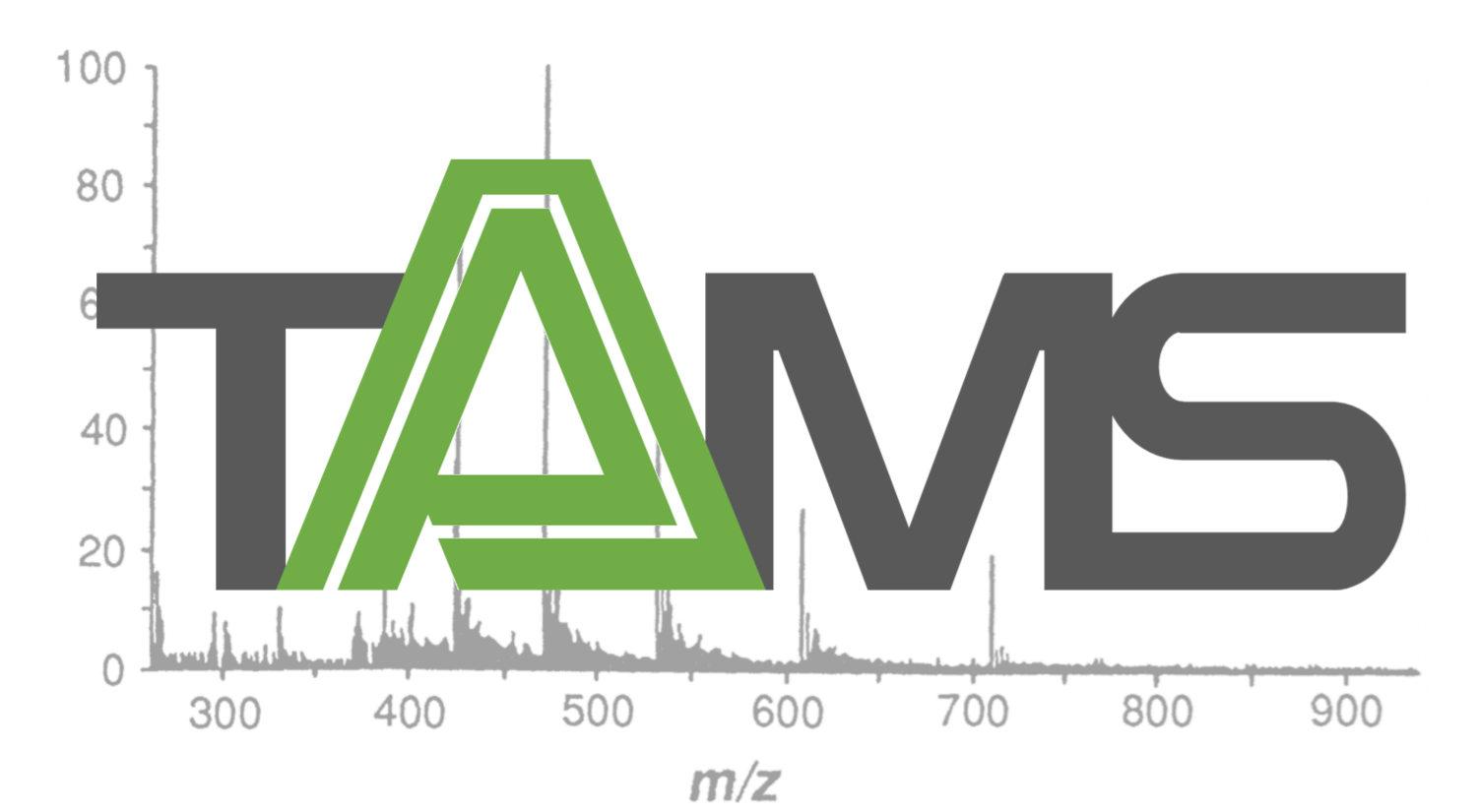Plenary Lecture:
"Mass Spectrometry: How Sweet It Is"
Professor Gary Glish, University of North Carolina
Student Lecture:
"Comprehensive Serum Lipid Library for High Throughput Clinical Lipidomics"
Ngoc Vu, Laboratory of Professor Qibin Zhang, University of North Carolina Greensboro, Department of Chemistry and Biochemistry
Type 1 diabetes (T1D) is a chronic, autoimmune disease resulted from the destruction of pancreatic beta-cells. Although dysregulated serum lipids have been implicated as potential biomarkers for this disease, these markers lack details in their structural specificity, such as fatty acyl compositions and sn-positional isomers. Detailed structural information required for lipid characterization cannot be provided by direct infusion based shot-gun lipidomics. The commonly used reversed phase LC-MS based lipidomics platforms, although represents an improvement over shot-gun lipidomics in isomers differentiation, still have challenges in lipid identification. The challenges are co-elution of species in the chromatogram and their associated ion suppression issues, additional to the consequential difficulty in accurate identification based on the composite MS/MS spectrum of co-eluting isobaric species. In order to thoroughly profile lipids in human serum for more accurate identification of biomarkers, it is necessary to have a comprehensive human serum lipid library for high throughput analysis and more accurate identification of lipids.
In this study, we explored the use of normal phase (NP) and reversed phase (RP) LC coupled with a hybrid Orbitrap MS to facilitate the accurate identification of novel lipids in human serum from healthy and T1D samples. The additional dimension of NPLC was able to separate the complex lipid samples according to the polarities of head groups. Further separation of individual lipid molecular species in each lipid class was performed on a C30 RPLC column according to the hydrophobicity of lipid fatty acyl chains. As a result, a comprehensive characterization of human serum was achieved with 836 lipid molecular species identified using offline 2D-LC-MS/MS approach. In comparison, only 350 lipid molecular species were identified using RPLC-MS/MS. The retention time, accurate mass of each lipid were curated into a human serum lipid library for high throughput RPLC-MS/MS based analysis of lipids in clinical samples.
